University of Vigo
If you are the contact person for this centre and you wish to make any changes, please contact us.
Professor of Immunology at the University of Vigo, researcher at CINBIO, and member of the RAFG
Professor at the University of Vigo, President of the European Optical Society and Secretary General of the International Commission of Optics
Research Group Leader at the Center for Nanomaterials and Biomedicine (CINBIO) of the University of Vigo
Professor of Economics at the University of Vigo, member of the research group Rede and the Galician research centre ECOBAS, and director of Economics for Energy
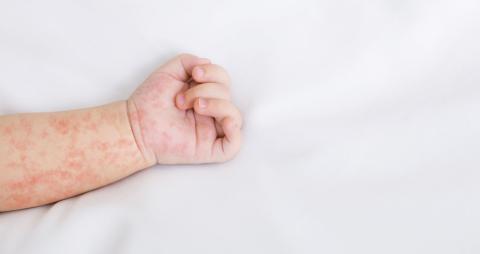
Measles cases in Europe and Central Asia fell in 2025 compared with 2024, according to preliminary data reported by 53 countries in the World Health Organization (WHO) European Region. This decline aligns with the preliminary figures published this week by the European Centre for Disease Prevention and Control (ECDC). According to the WHO, countries in Europe and Central Asia reported 33,998 measles cases in 2025, representing a decrease of nearly 75 % compared with the 127,412 cases recorded in 2024. In Spain, however, the number of cases has increased, as shown by data from the Carlos III Health Institute. A few weeks ago, the WHO announced that Spain had lost its measles-free status.
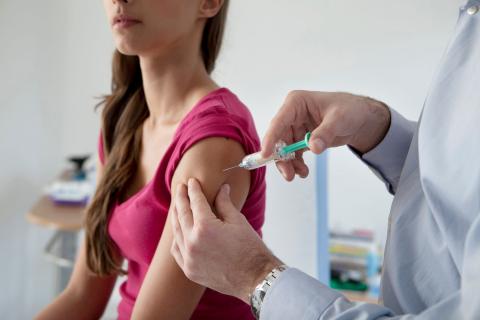
Two meta-analyses conducted by the Cochrane Collaboration confirm that vaccination against human papillomavirus (HPV) prevents cervical cancer. Both articles bring together the results of 60 clinical trials and 225 studies involving more than 130 million people worldwide. According to Cochrane's press release, the result “is strong and consistent evidence” that vaccines against this virus are effective in preventing cervical cancer and precancerous changes, especially when given to young people before they are exposed to the virus. The reviews also confirm that HPV vaccines usually cause only mild and temporary side effects, such as pain in the arm.
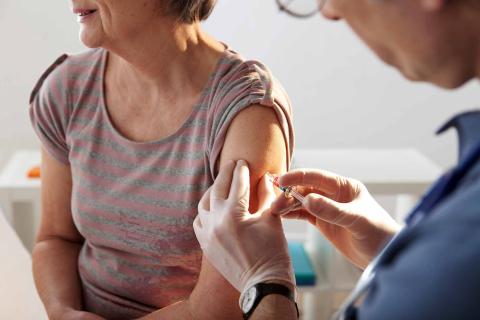
A clinical trial funded by Pfizer has tested a new influenza vaccine based on messenger RNA (mRNA). The phase 3 trial included more than 18,000 people aged 18 to 64, half of whom received the new compound and the other half a conventional vaccine. The results indicate that the mRNA vaccine was more effective, but it also caused more adverse reactions: for example, 5.6% of the volunteers who received it developed a fever, compared to 1.7% of those who received the conventional vaccine. The study is published in the journal NEJM.
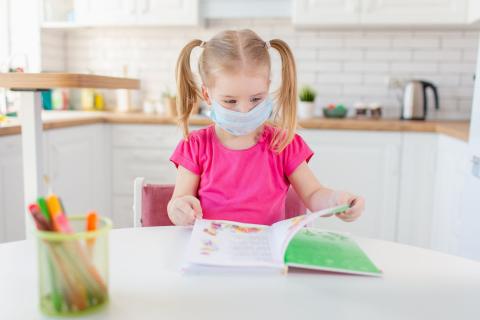
Severe combined immunodeficiency due to ADA enzyme deficiency is a rare disease that, without treatment, usually causes death within the first two years of life. These "bubble children" are currently treated with a bone marrow transplant or with injections that aim to restore, to the extent possible, the function of this enzyme. Now, an international team presents the results of a gene therapy administered to 62 children with the disease between 2012 and 2019. The therapy was effective in 95% of cases and did not cause serious complications, according to the authors, whose work is published in the journal NEJM.
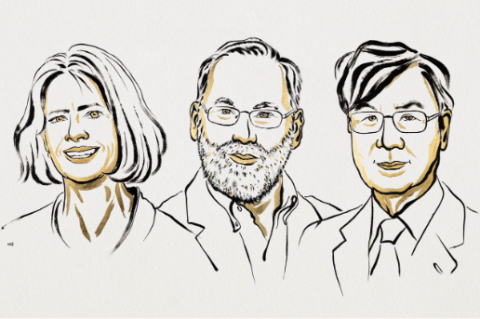
The Karolinska Institute has awarded the Nobel Prize in Medicine or Physiology to Mary E. Brunkow, Fred Ramsdell and Shimon Sakaguchi for describing how the immune system is regulated so as not to harm us. His groundbreaking discoveries on peripheral immune tolerance have spurred the development of new treatments for cancer and autoimmune diseases.
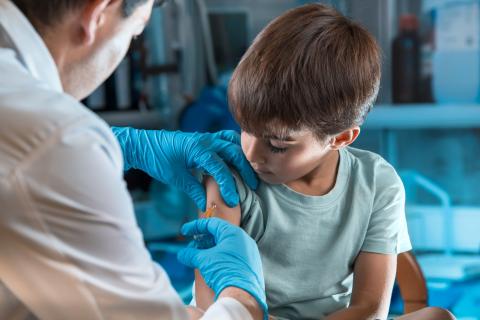
Childhood vaccination rates have increased modestly worldwide in 2024, without reaching their pre-COVID-19 pandemic levels, according to data from the WHO and UNICEF. For example, global measles vaccination coverage rose by one percentage point from the previous year, reaching 84% of girls and boys who had received one dose in 2024, compared to 86% in 2019.

With the summer holidays approaching, questions arise about how to prepare for trips to other countries, including health recommendations. In this guide, we explain the basics of how to protect yourself and others.
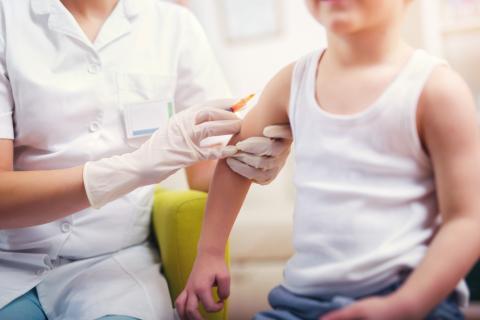
If immunisation rates continue to decline over an extended period, measles and even other eradicated diseases—such as rubella and polio—could re-emerge in the United States at endemic levels, according to a new study published today in the journal JAMA.
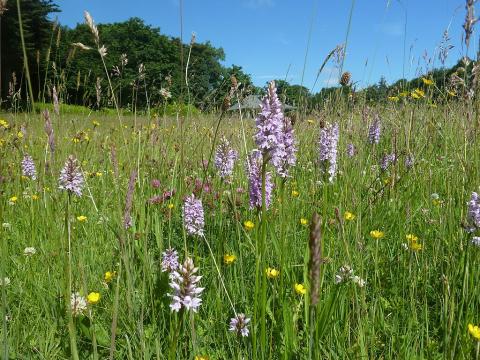
In recent decades, the rate of pollen allergies has increased worldwide. One of the reasons being considered is the increase in atmospheric nitrogen pollutants. Now, a study published in the journal The Lancet Planetary Health estimates that grasslands fertilised with nitrogen release six times more pollen and that this pollen is five times more allergenic than that from unfertilised fields.

The new US president, Donald Trump, announced on his first day that the country will leave the World Health Organisation (WHO) within the next twelve months. The reasons behind the decision, according to him, are the ‘mismanagement of the covid-19 pandemic and other global health crises’, as well as ‘disproportionate payments compared to other countries’ dues’.